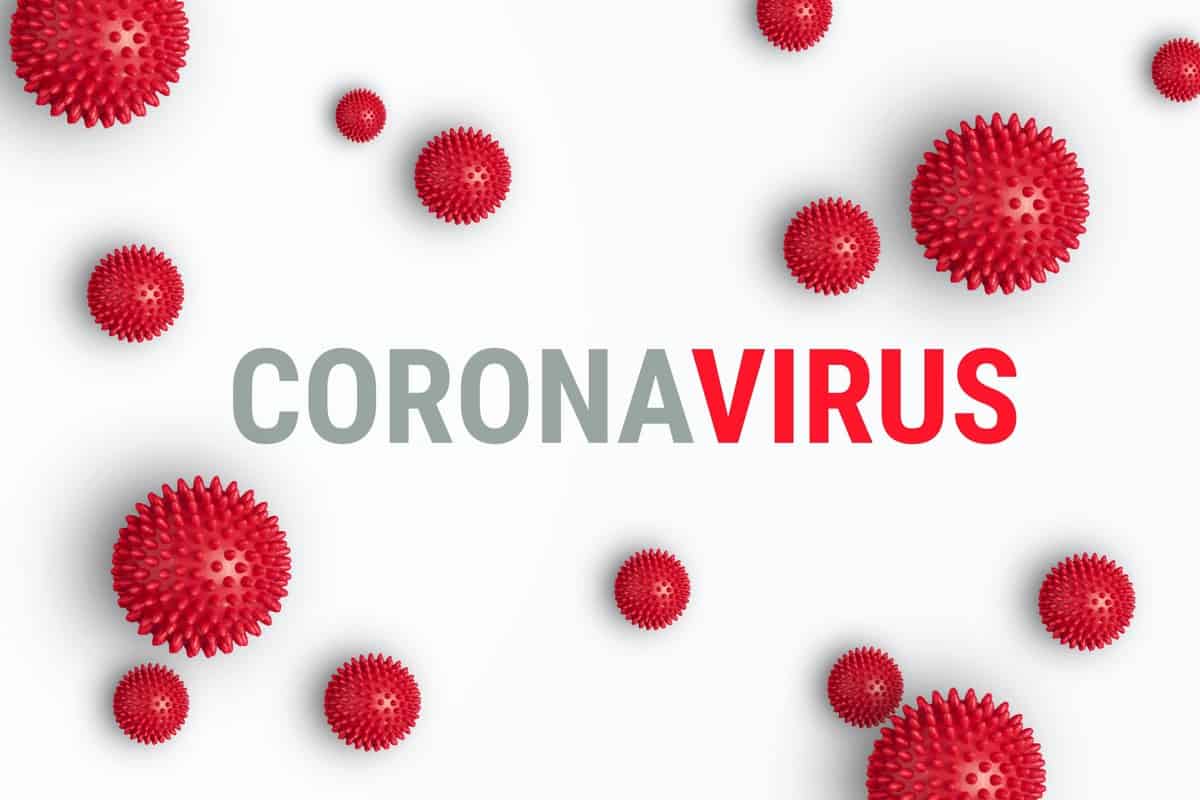About the Virus
Coronaviruses are a family of respiratory viruses.
They are notorious to mutate quickly and acquire new qualities.
Coronaviruses can cause diseases ranging from the common cold to life threatening pneumonitis/LRTI especially in vulnerable population.
The recent viruses like the Middle-East Respiratory Syndrome and the Severe Acute Respiratory Syndrome (SARS) have been implicated with severe disease and high mortality.
The novel Corona Virus, now renamed as COVID-19 (Corona Virus Disease) or SARS CoV-2 is a new strain of coronavirus that has not been previously identified in humans.
Cases have been reported from China, Thailand, Hong Kong, United States, Taiwan, Australia, Macau, Singapore, South Korea, Malaysia, Japan, France, Canada, Vietnam, Nepal, Cambodia, Germany and the United Arab Emirates and more recently in India.
Coronavirus Symptoms
• Runny nose.
• Headache.
• Cough.
• Sore throat.
• Fever.
Symptoms appear usually after 7-10 days of acquiring the infection. Currently, the virus is non-type-able and no vaccine is available.
Risk Factor
Risk Factors include persons living in China around Wuhan, elderly persons above the age of 50 years, persons with underlying diseases like diabetes, Parkinson’s disease, pregnant women and children and all those with low immunity levels, cardiovascular diseases as well as health care workers caring for patients with the COVID-19.
INFECTION PREVENTION AND CONTROL MESSAGES TO THE PUBLIC
Each individual is expected to practice the following general preventive measures for respiratory infections that is also applicable for 2019nCoV:
• Avoid close contact with people who have fever and cough.
• Wash hands with soap and water or hand sanitizer thoroughly after contact.
• Any person with fever, cough, and / or sore throat should follow the following steps:
• Separate yourself from other people in your home or work as much as possible.
• Cover your coughs and sneezes with tissue or you can cough or sneeze into your sleeve.
• Throw used tissues and immediately wash your hands with soap and water or disinfect it with waterless alcohol-based hand sanitizer.
• Wash your hands often and thoroughly with antiseptic soap and water.
• Avoid touching your eyes, nose, and mouth with unwashed hands.
• Avoid sharing household items e.g; dishes, drinking glasses, cups, eating utensils, towels, bedding, or other items.
• If you are severely ill, contact a doctor and disclose to healthcare provider any history of contact with a sick person and or travel history.
As of now please don’t panic or spread panic….
All of us together can fight the deadly coronavirus by following basic sanitation guidelines listed above.
By Dr. Fawad Ali
Consultant Physician and Assistant Professor,
Dept of Internal Medicine,
Owaisi Hospital and Research Centre.
Email:drmdfawadali@gmail.com

